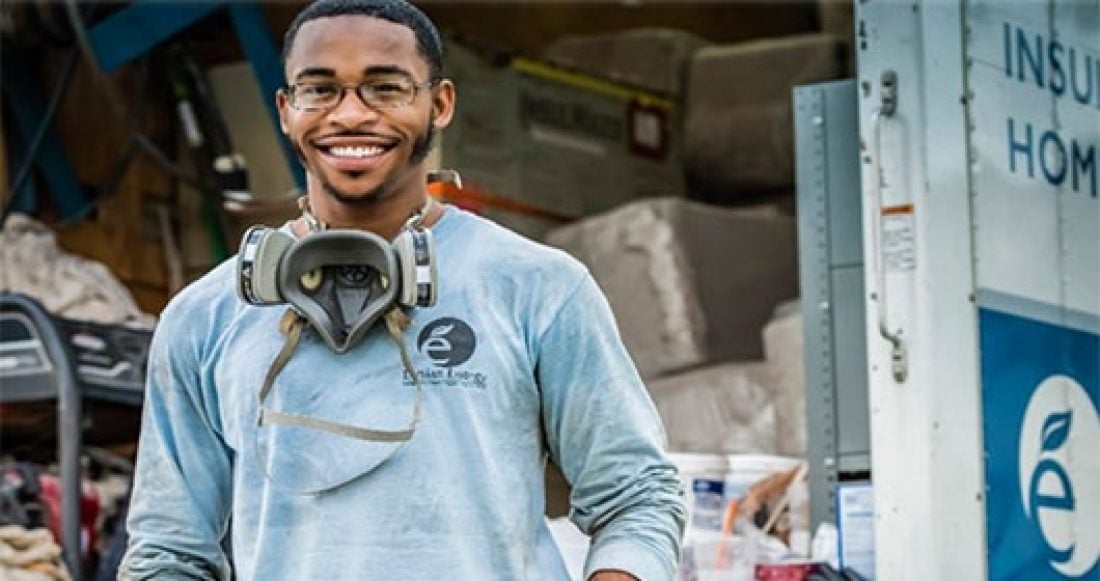Collaborative Helps Residents Get Jobs in Baltimore’s Growing Industries

For more than a decade, the Baltimore Workforce Funders Collaborative has supported several innovative programs that align the business needs of local employers with the developing skills and talents of low-income jobseekers. A recent report shows these programs helped most participants get credentials that led to quality employment opportunities with family-sustaining wages.
The report, Strengthening Baltimore’s Workforce: Reflections and Lessons Learned, presents data on program completion, job placement, starting wage and employment retention rates for 1,187 participants. While the outcomes varied by program, most jobseekers benefited on every measure. For example, approximately 80% of participants in the construction program completed training and received at least one credential. Of those placed in jobs, 70% were still employed after six months. Graduates across all programs were able to secure average starting wages of $12 to $18 an hour, much higher than the $8.75 state minimum wage, the report finds.
The collaborative is a public/private partnership between Casey, other local and national foundations, corporate donors and representatives of city and state workforce agencies. Collectively, its members have pooled more than $14 million to support sector-specific strategies that provide greater training and job opportunities for residents who face barriers to employment. These efforts are primarily focused on six growing industries: biotechnology, construction, food service, transportation and logistics, environmental sustainability and manufacturing.
Baltimore’s unemployment rate was 41 times the national average in August 2016, with many residents facing obstacles such as prior criminal convictions, limited math and literacy skills and unstable housing. The report outlines several strategies that have helped the local workforce development effort succeed despite these barriers:
- collaboration with employers and stakeholders to understand and address labor force needs;
- programming that includes relevant skill development and industry-recognized certifications;
- wraparound services, peer groups and supportive instructional approaches to address the barriers jobseekers face;
- rigorous job placement and post-program follow-up; and
- a commitment to monitoring and tracking the performance of training programs and allocating resources accordingly.
The report calls for additional policy and system reforms to address the inequities that have left many communities disconnected from quality employment and educational opportunities. They include changes to wages, benefits and safety practices, as well as criminal justice reform and an expansion of mental health, addiction and adult education services. Many of the programs have already made notable shifts, including the BioTechnical Institute of Maryland, JumpStart and the Baltimore Center for Green Careers, which expanded job opportunities to individuals without a college degree and those with prior criminal records.
“These results show what’s possible when we focus on the needs of local employers and create opportunities for residents to develop the knowledge and skills necessary to build family-supporting careers,” says Allison Gerber, a senior associate at the Foundation. “The next step is to ensure more youth and young adults can benefit from these programs. This report gives us a good outline of what’s working, and where we need to build.”
Considering the breadth of community employment needs, existing sectoral programs operate at a much smaller scale than what Baltimore requires. To expand the scope and ensure more residents can secure family-supporting jobs, the report recommends partners across the city work to increase investment in industry-specific workforce programs, increase the number of quality jobs that are available and educate and prepare more individuals to enter these programs.






